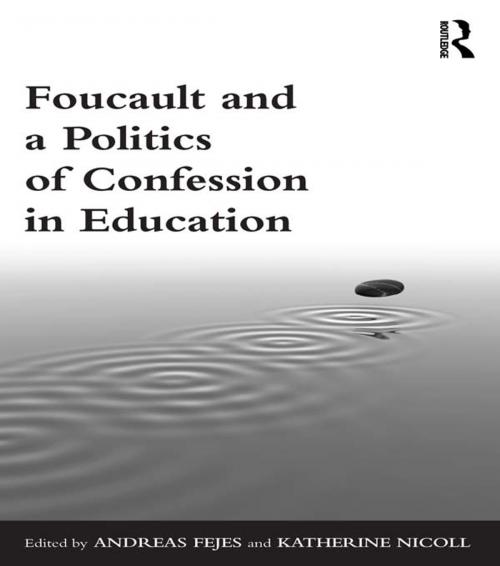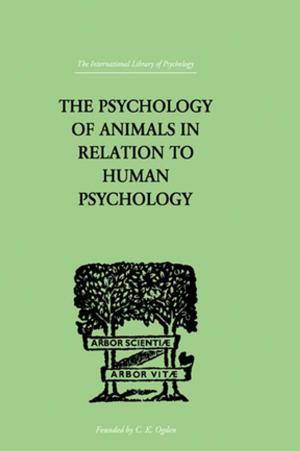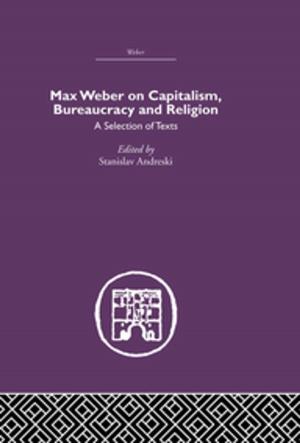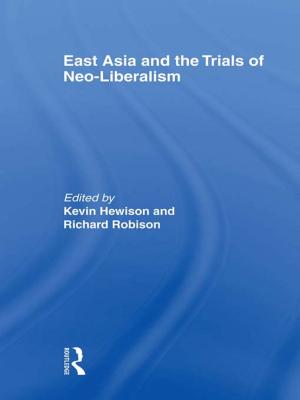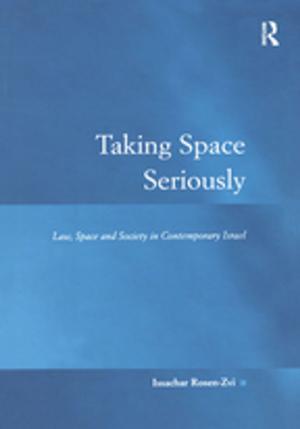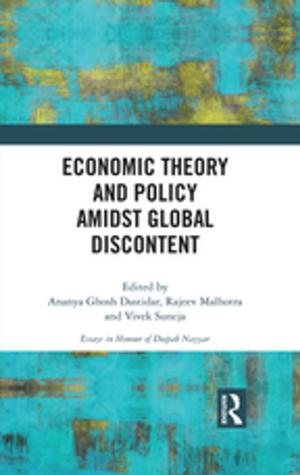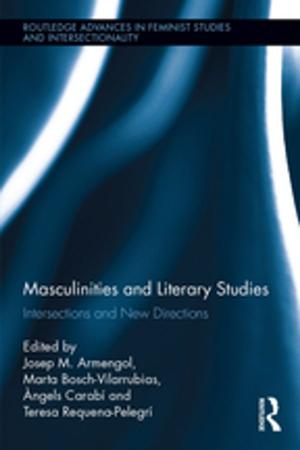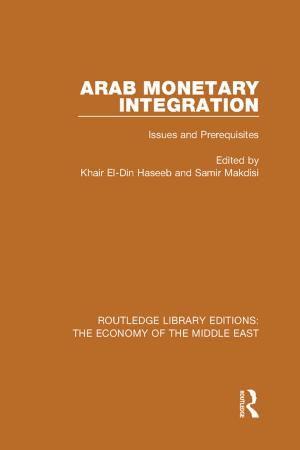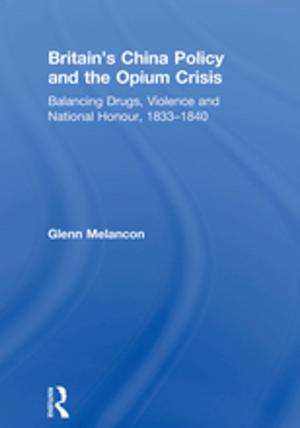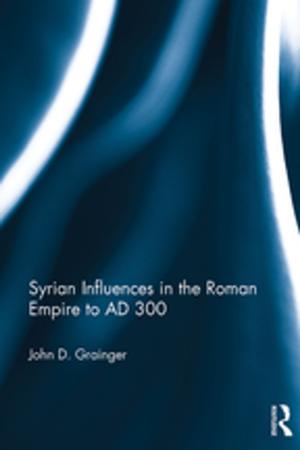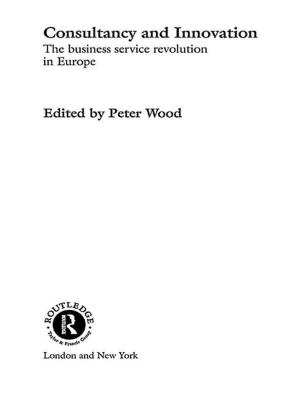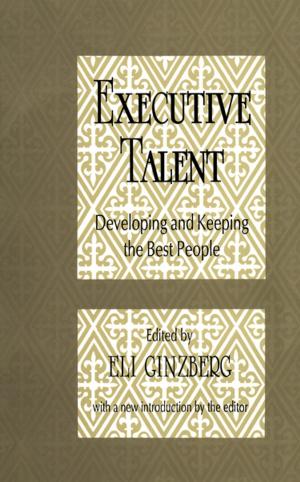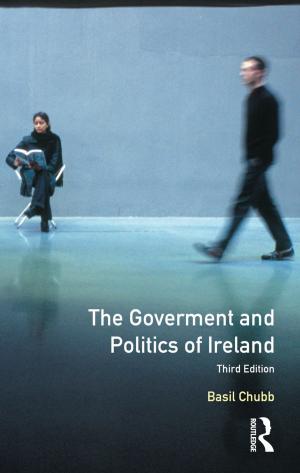Foucault and a Politics of Confession in Education
Nonfiction, Reference & Language, Education & Teaching, Higher Education| Author: | ISBN: | 9781317650126 | |
| Publisher: | Taylor and Francis | Publication: | July 25, 2014 |
| Imprint: | Routledge | Language: | English |
| Author: | |
| ISBN: | 9781317650126 |
| Publisher: | Taylor and Francis |
| Publication: | July 25, 2014 |
| Imprint: | Routledge |
| Language: | English |
In liberal, democratic and capitalist societies today, we are increasingly invited to disclose our innermost thoughts to others. We are asked to turn our gaze inwards, scrutinizing ourselves, our behaviours and beliefs, while talking and writing about ourselves in these terms. This form of disclosure of the self resonates with older forms of church confession, and is now widely seen in practices of education in new ways in nurseries, schools, colleges, universities, workplaces and the wider policy arena.
This bookbrings together internationalscholars and researchers inspired by the work of Michel Foucault, to explore in detail what happens when these practices of confession become part of our lives and ways of being in education. The authors argue that they are not neutral, but political and powerful in their effects in shaping and governing people; they examine confession as discursive and contemporary practice so as to provoke critical thought.
International in scope and pioneering in the detail of its scrutiny of such practices, this book extends contemporary understanding of the exercise of power and politics of confessional practices in education and learning, and offers an alternative way of thinking of them. The book will be of value to educational practitioners, scholars, researchers and students, interested in the politics of their own practices.
In liberal, democratic and capitalist societies today, we are increasingly invited to disclose our innermost thoughts to others. We are asked to turn our gaze inwards, scrutinizing ourselves, our behaviours and beliefs, while talking and writing about ourselves in these terms. This form of disclosure of the self resonates with older forms of church confession, and is now widely seen in practices of education in new ways in nurseries, schools, colleges, universities, workplaces and the wider policy arena.
This bookbrings together internationalscholars and researchers inspired by the work of Michel Foucault, to explore in detail what happens when these practices of confession become part of our lives and ways of being in education. The authors argue that they are not neutral, but political and powerful in their effects in shaping and governing people; they examine confession as discursive and contemporary practice so as to provoke critical thought.
International in scope and pioneering in the detail of its scrutiny of such practices, this book extends contemporary understanding of the exercise of power and politics of confessional practices in education and learning, and offers an alternative way of thinking of them. The book will be of value to educational practitioners, scholars, researchers and students, interested in the politics of their own practices.
